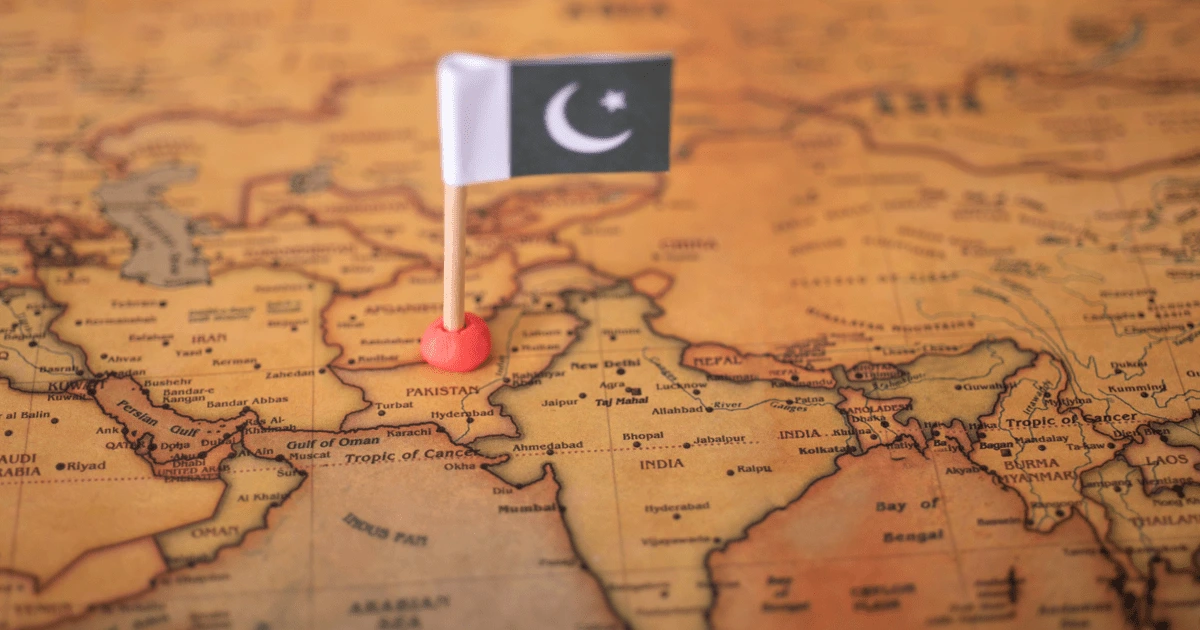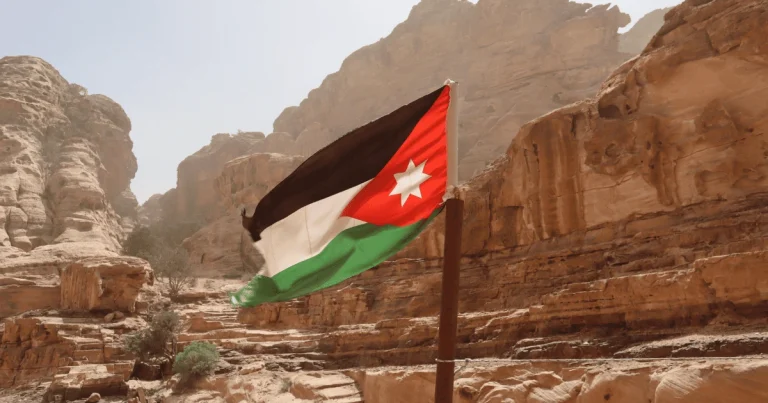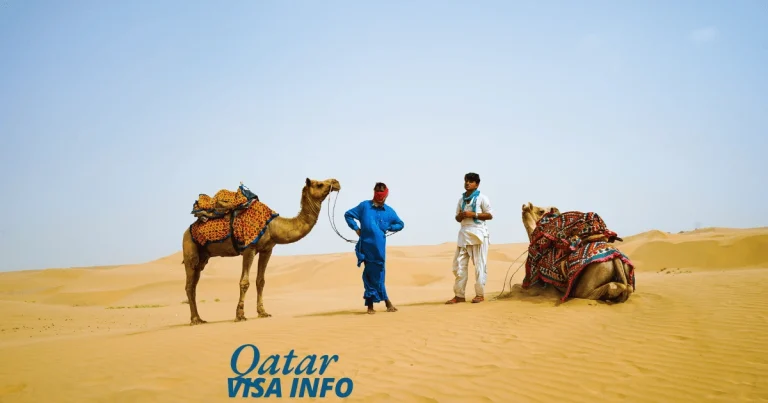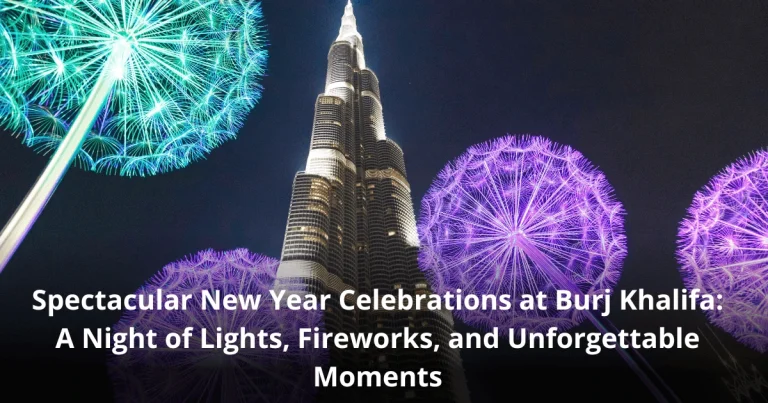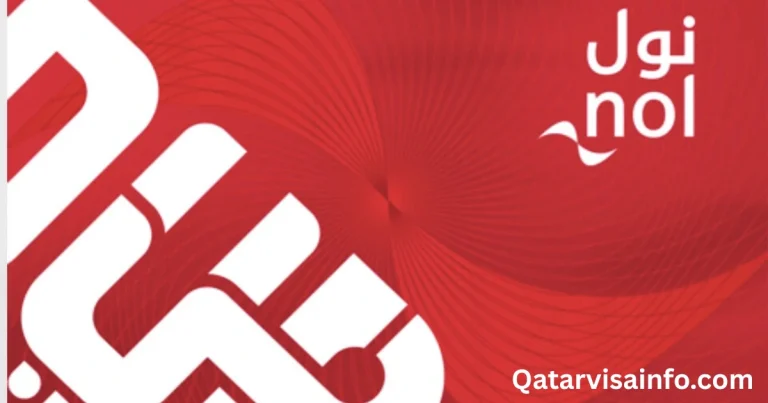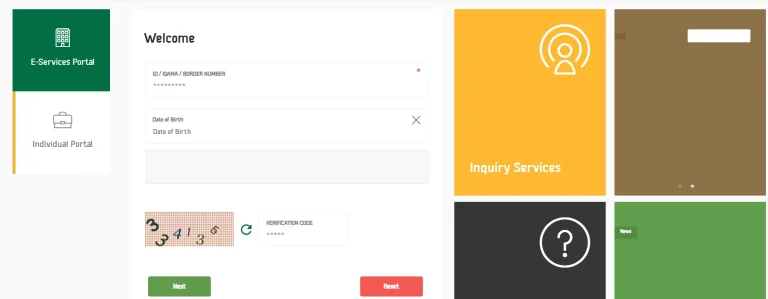Eid ul Adha, also known as the Festival of Sacrifice, holds a deeply rooted place in the heart of Pakistan’s Islamic identity. Celebrated with profound devotion and cultural grandeur, Eid al-adha in pakistan marks not only an act of obedience to Allah but also reflects centuries-old traditions passed down through generations. From the bustling cattle markets filled with the sounds of bargaining and bleating animals to the streets adorned with festive lights and joyful gatherings, In a land where the spirit of community thrives and religious values shape daily life, Pakistanis prepare for Eid ul Adha with unmatched enthusiasm.
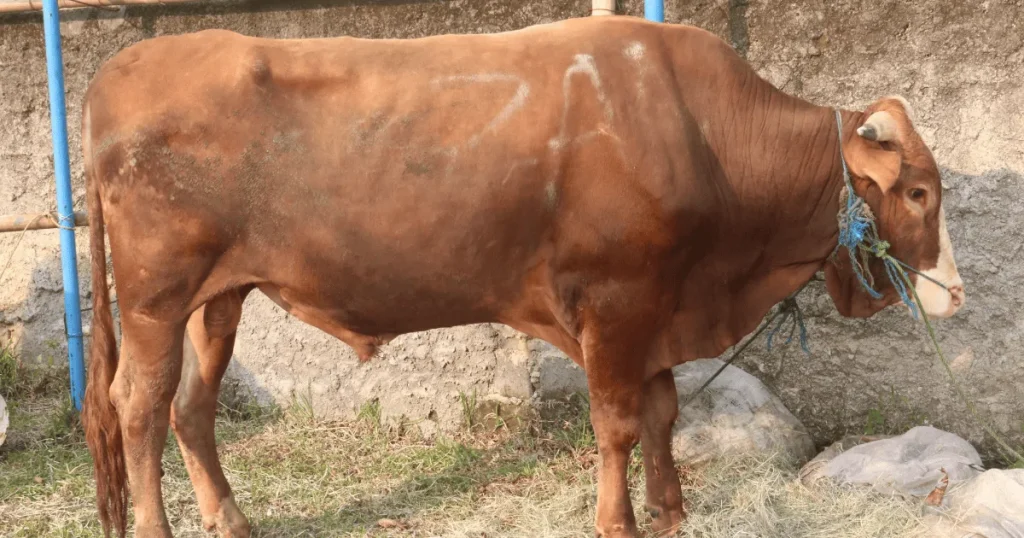
This day commemorates the unwavering faith of Prophet Ibrahim (AS), and in doing so, it brings families together in sacrifice, sharing, and gratitude. Whether in the historical alleys of Lahore, the hills of Swat, or the urban centers of Karachi and Islamabad, the essence of sacrifice is felt across the nation, honoring not just faith but also the country’s rich tapestry of customs and communal harmony.
When is Eid ul Adha 2025 in Pakistan?
Eid ul Adha 2025 in Pakistan is expected to be observed on Saturday, 7th June 2025, corresponding to the 10th of Dhul-Hijjah 1446 AH in the Islamic Hijri calendar. However, this date is tentative and depends on the sighting of the moon, which plays a central role in determining the start of Islamic months and religious festivals.
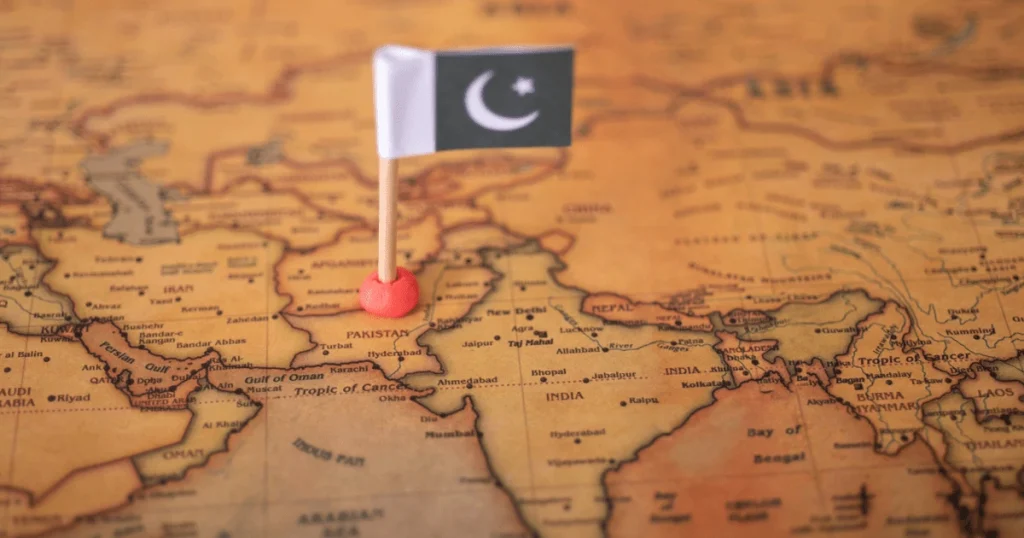
In Pakistan, the official announcement for the beginning of Dhul-Hijjah and the date of Eid ul Adha is made by the Central Ruet-e-Hilal Committee. This committee consists of religious scholars, meteorologists, and astronomical experts who evaluate moon sighting reports from various regions across the country. Their decision ensures that the festival is observed uniformly throughout Pakistan, in accordance with Islamic tradition and national unity.
Official Notification for Sighting the Moon of Zulhajj 1446 A.H / 2025
The Central Ruet-e-Hilal Committee (CRHC) has officially announced that the meeting to sight the moon of Zulhajj 1446 A.H, marking the beginning of the sacred month and determining the exact date of Eid ul Adha, will be held on the evening of Tuesday, 27th May 2025, corresponding to 29th Ziqaad 1446 A.H.
This important gathering will take place in Islamabad at the office of the Ministry of Religious Affairs & Interfaith Harmony, located at Kohsar Block, Pak Secretariat, Constitution Avenue. Simultaneously, zonal and district Ruet-e-Hilal Committees will conduct their moon sighting meetings at their respective headquarters across the country.
To ensure accurate and timely decisions, all relevant information regarding the moon’s position is to be communicated promptly to the following officials:
| Sr. No. | Name/Designation | Contact Number |
| 1 | Moulana Syed Muhammad Abdul Khabir Azad, Chairman | 0321-9410041 |
| 2 | Hafiz Abdul Qudoos, Director (R&R) | 0333-2697051 |
| 3 | Dr. Shahid ur Rehman, Deputy Director (R&R) | 0331-7681372 / 0314-4906940 |
Following the evaluation of all moon sighting reports, the Chairman of the Central Ruet-e-Hilal Committee will officially announce whether the moon has been sighted, thereby confirming the start date of Zulhajj and subsequently the date for Eid ul Adha.
SUPARCO Forecast: Expected Date of Dhul-Hijjah and Eid ul Adha 2025
According to a forecast by SUPARCO (Space & Upper Atmosphere Research Commission), the first of Dhul-Hijjah is likely to fall on Thursday, 29th May 2025, across the country. If this prediction is accurate, Eid ul Adha will be celebrated on Saturday, 7th June 2025.
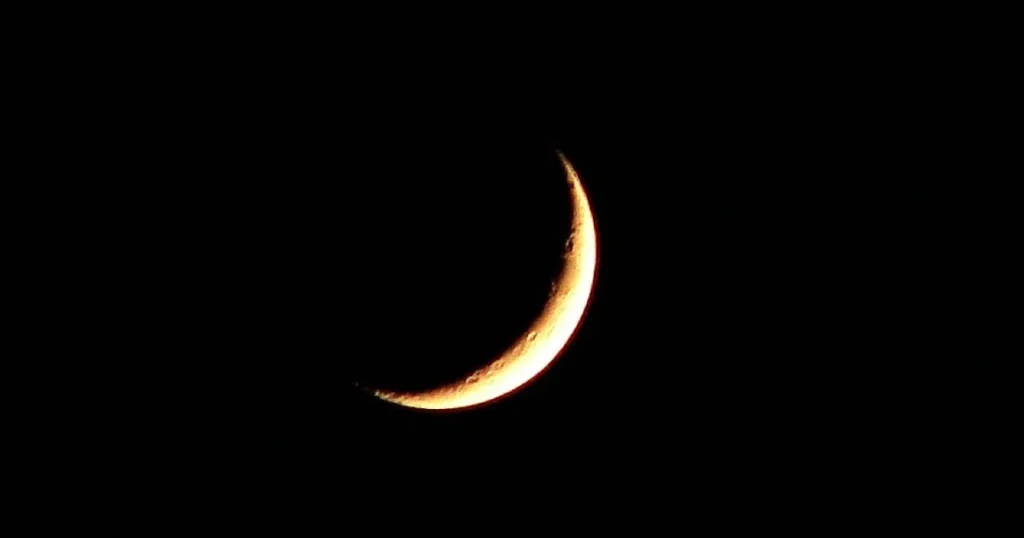
This systematic process ensures that Eid ul Adha is observed on the correct day in accordance with Islamic tradition and astronomical observations, uniting the entire nation in the celebration of this sacred festival.
Public holidays for Eid al-adha in pakistan
For Eid ul Adha 2025, the expected public holidays are from Saturday, 7th June to Tuesday, 10th June, though the exact dates may vary depending on official announcements.
During these holidays, markets, banks, and schools remain closed. Before Eid, markets experience high foot traffic as people prepare by purchasing sacrificial animals, new clothes, and festive essentials.
Public transportation services operate on limited or holiday schedules during this time. This affects travel plans, especially for people journeying to visit relatives in different cities or rural areas.
Local governments and municipal authorities make special arrangements during Eid, focusing heavily on waste management after the Qurbani sacrifices. Teams are deployed to swiftly and hygienically remove animal remains and waste from streets and public areas. Major cities like Karachi, Lahore, and Islamabad increase their sanitation efforts to maintain cleanliness and prevent health risks.
Famous Mosques in Pakistan for Eid Prayers

Karachi
- Masjid-e-Tooba (Gol Masjid)
Known for its massive dome, one of the largest in the world, Masjid-e-Tooba is a popular spot for Eid prayers in Karachi. - Masjid Quba
Located in the heart of the city, it hosts thousands of worshippers on Eid days. - Masjid-e-Mubeen
A large mosque that often accommodates Eid congregations in Karachi.
Lahore
- Badshahi Mosque
One of the largest and most iconic mosques in Pakistan, it draws huge crowds for Eid prayers in Lahore. - Shahi Eidgah
A historic open-air prayer ground adjacent to the Badshahi Mosque, especially famous for Eid prayers. - Data Darbar Mosque
Located near the shrine of Data Ganj Bakhsh, it also hosts Eid congregations.
Islamabad
- Faisal Mosque
The national mosque of Pakistan and an architectural marvel, Faisal Mosque sees very large Eid gatherings. - Shah Faisal Masjid Markaz
Another key mosque in Islamabad popular for Eid prayers.
Peshawar
- Mahabat Khan Mosque
A historic mosque in Peshawar, it attracts many worshippers during Eid. - Qila Bala Hisar Mosque
Located near the Bala Hisar Fort, it hosts Eid prayers for local residents.
Quetta
- Quetta Eidgah
A large open area used for Eid prayers, accommodating thousands of worshippers. - Jama Masjid Quetta
One of the main mosques in Quetta for Eid and daily prayers.
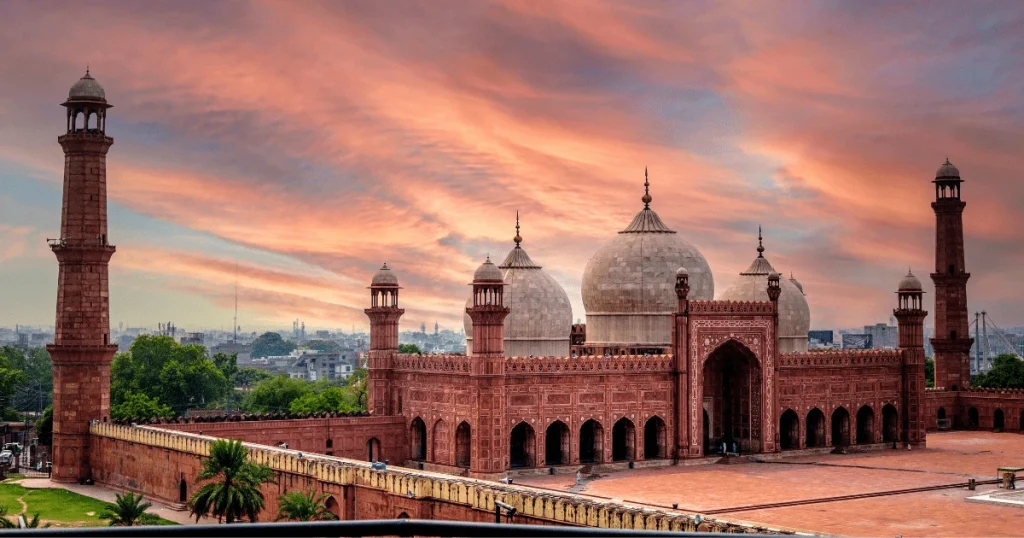
Preparations Before Eid
As Eid al-Adha in pakistan approaches, the atmosphere becomes vibrant with anticipation and activity. One of the most prominent aspects of the preparation is the visit to cattle markets, locally known as mandis. These bustling markets spring up in cities and towns across the country, filled with a wide variety of sacrificial animals including goats, cows, bulls, and camels. Families visit these mandis days or even weeks before Eid, carefully inspecting animals for health, size, and beauty, as these factors play a significant role in fulfilling the Sunnah of Qurbani.
Among the most famous mandis is the Karachi Super Highway Cattle Mandi, recognized as Asia’s largest livestock market. Sprawling over hundreds of acres, it hosts hundreds of thousands of animals and attracts buyers from across Pakistan. Other well-known mandis include the Lahore Shahpur Kanjran Mandi, which serves as the central hub for Punjab, and the Peshawar Ring Road Mandi, which becomes a hotspot for animal trade in Khyber Pakhtunkhwa. These markets not only provide livestock but also reflect the vibrant culture, bargaining skills, and festive spirit of the people.
With each passing year, the prices of sacrificial animals continue to rise, often becoming a topic of public discussion. Buyers compare options, negotiate with sellers, and sometimes pool resources to purchase a larger animal for collective sacrifice. Choosing the “perfect” animal becomes both a spiritual and social endeavor, especially among children and youth who take pride in caring for the animal at home before Eid.
Beyond animal selection, households are busy with cleaning homes, shopping for new clothes, and making festive arrangements. Markets are flooded with shoppers buying traditional outfits, bangles, shoes, and gifts. Families decorate their homes, prepare guest lists, and stock up on spices and groceries in anticipation of the grand feast that follows Qurbani. This period of preparation reflects a beautiful blend of religious devotion, cultural tradition, and community spirit that defines Eid ul Adha in Pakistan.
Eid ul Adha 2025 Rituals in Pakistan
Eid al-Adha in Pakistan begins with the spiritually uplifting Namaz-e-Eid, performed early in the morning at mosques and large open grounds known as Eidgahs. Dressed in traditional attire, men and boys gather for congregational prayers, standing shoulder to shoulder as a symbol of unity and devotion. In cities like Lahore, Karachi, Islamabad, and Peshawar, thousands join together in peaceful harmony, marking the start of this sacred day.
Following the prayer, the Khutbah (sermon) is delivered by the Imam, emphasizing the significance of sacrifice, obedience to Allah, and the values of compassion, humility, and charity. The sermon also reminds Muslims of the account of Prophet Ibrahim (AS) and his readiness to sacrifice his son in obedience to Allah’s command—a narrative that is central to Eid ul Adha’s meaning.
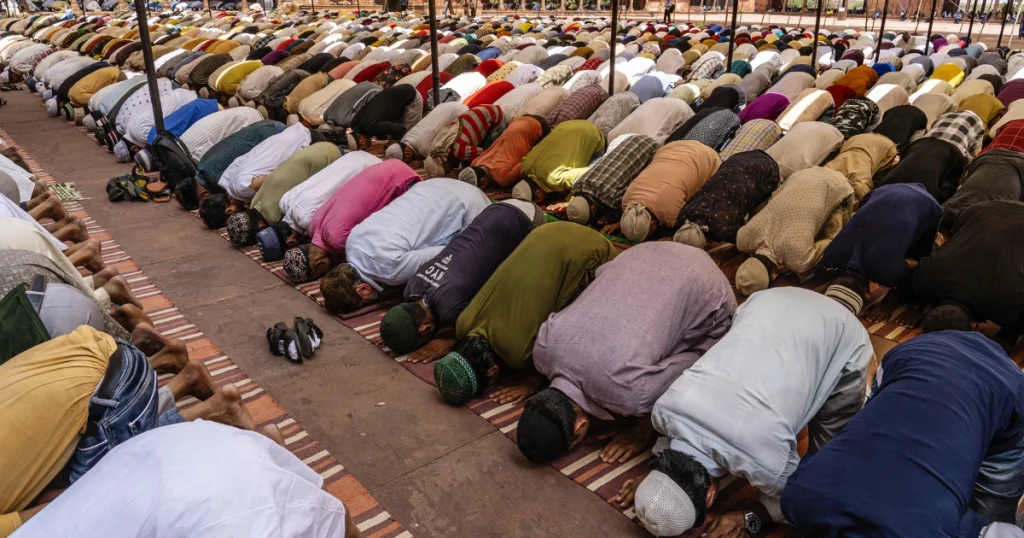
Families do the Qurbani, the ceremonial animal sacrifice, following the khutbah. The process is carried out in accordance with Islamic principles, ensuring that the animal is healthy, treated with kindness, and slaughtered with the recitation of Allah’s name. In Pakistan, Qurbani is commonly performed at homes, in designated slaughter areas, or through professional Qurbani services. The meat is then divided into three equal parts—one for the family, one for relatives and friends, and one for the poor and needy—symbolizing generosity and social responsibility.
Butchers, locally known as qasaai, play a crucial role during Eid ul Adha. Skilled butchers are often booked weeks in advance, especially in urban areas where professional slaughter is preferred for precision and hygiene. In smaller towns and villages, many still perform the sacrifice at home, preserving the traditional and communal spirit of the occasion.
Who is Obligated to Perform Qurbani? (According to Hanafi School of Thought)
In the Hanafi school of Islamic jurisprudence, Qurbani (Eid sacrifice) is considered wājib (mandatory) for every Muslim who meets the following conditions:
✅ 1. Muslim and Sane
The individual must be a Muslim and mentally sound.
✅ 2. Adult (Baligh)
Qurbani is wajib on those who have reached puberty. It is not required for minors.
✅ 3. Resident (Not a Traveller)
The obligation applies only to residents; those travelling (musafirs) are exempt.
✅ 4. Financial Capability – Possession of Nisab
The person must own wealth equal to or above the Nisab threshold
❗ Unlike Zakat, it is not necessary that a full lunar year passes over this wealth. If someone possesses the Nisab amount on any of the days of Eid (10th to 12th Dhul-Hijjah), Qurbani becomes wajib on them.
📖 Hadith Reference:
The Prophet Muhammad ﷺ said:
“Whoever has the means to offer a sacrifice but does not do so, let him not come near our place of prayer.”
— (Sunan Ibn Majah, Hadith 3123)
These rituals—rooted in faith, tradition, and community—highlight the spiritual depth and cultural richness of Eid ul Adha as celebrated across Pakistan.
Animals Famous for Qurbani in Pakistan
- Goats (Bakra):
Goats are the most popular choice for Qurbani, especially for small families or individuals. They are widely available and come in various breeds such as Beetal, Teddy, and Kamori. - Sheep (Rakh):
Sheep are also commonly chosen for sacrifice. They are similar to goats but usually larger and preferred for families who want a bigger portion of meat. - Cows (Gai):
Cows are favored by larger families or groups who share the cost of one animal for Qurbani. Cow Qurbani provides more meat and is a common choice in urban and rural areas. - Buffaloes (Bhains):
Buffaloes are another large animal utilized for Qurbani, particularly in areas where buffalo husbandry is widespread. They provide a significant amount of meat and are often shared among multiple families. - Camels (Oont):
Though less common than other animals, camels are a valid choice for Qurbani and are mainly sacrificed in certain regions like Balochistan and parts of Sindh where camels are more prevalent.
Eid Wishes and Greetings in Local Languages of Pakistan

Urdu
- عید مبارک ہو!
(Eid Mubarak ho!) - اللہ آپ کی عید کو خوشیوں سے بھر دے۔
(Allah aap ki Eid ko khushiyon se bhar de.) - اللہ آپ کی قربانیاں قبول فرمائے۔
(Allah aap ki qurbaniyan qubool farmaaye.)
Punjabi
- عید مبارک ہو!
(Eid Mubarak ho!) - اللہ تعالیٰ توانوں خوشیاں تے سکون دے۔
(Allah Ta’ala touno khushiyan te sukoon de.) - اللہ توہاڈیاں قربانیاں قبول کرے۔
(Allah tuhadiyan qurbaniyan qubool kare.)
Pashto
- اختر مو مبارک شه!
(Akhtar mo Mubarak sha!) - الله دې ستاسو اختر خوشحال او برکتي کړي.
(Allah de staso Akhtar khushal ao barkati kri.) - الله دې ستاسو قربانۍ قبول کړي.
(Allah de staso qurbani qabool kri.)
Sindhi
- عيد مبارڪ!
(Eid Mubarak!) - الله اوهان جي عيد خوشين سان ڀري ڇڏي.
(Allah ohan ji Eid khushiyan saan bhari chhadi.) - الله اوهان جون قربانيون قبول فرمائي.
(Allah ohan joon qurbaniyun qubool farmai.)
Balochi
- عيد مبارک!
(Eid Mubarak!) - خدا شمان عيد خوشحال گون باد.
(Khuda shmaan Eid khushhaal gon baad.) - خدا شمان قربانیاں قبول کنگ.
(Khuda shmaan qurbaniyan qubool kang.)
Kashmiri
- عید مبارک چھُ!
(Eid Mubarak chu!) - اللہ تہندۍ عید خوشحال کراوے۔
(Allah tahandi Eid khushhaal krawe.) - اللہ تہندۍ قربانیاں قبول کرن۔
(Allah tahandi qurbaniyan qubool karan.)
Gilgit-Baltistani (Shina)
- عید مبارک!
(Eid Mubarak!) - اللہ تھوڑو عید خوشحال کر۔
(Allah thoro Eid khushhaal kar.) - اللہ تھوڑے قربانیاں قبول کر۔
(Allah thore qurbaniyan qubool kar.)
Traditional Foods on Eid al-adha in pakistan
Eid al-Adha in Pakistan is celebrated with a variety of delicious and rich traditional dishes that bring families and communities together. Some of the most popular foods prepared during this festive time include:
- Biryani – A flavorful and aromatic rice dish cooked with tender meat and spices
- Korma – A creamy curry made with yogurt, nuts, and slow-cooked meat
- Kebabs – Grilled or fried spiced meat, including seekh kebabs and reshmi kebabs
- Kaleji – Spicy liver curry often enjoyed as a special treat
- Nihari – A slow-cooked stew of beef or lamb with fragrant spices
- Pulao – Fragrant rice cooked with meat and subtle spices
- Chapli Kebab – A popular minced meat kebab with a blend of herbs and spices
The celebration is incomplete without sharing these meals with family, friends, and the needy. Distributing meat to those less fortunate is an important tradition that reflects the spirit of generosity.
Since Qurbani provides a large amount of meat, families also preserve leftovers to prepare various recipes throughout the Eid days, keeping the festive spirit alive with delicious homemade dishes.
Social and Cultural Aspects of Eid ul Adha
Eid ul Adha 2025 is not only a religious occasion but also a time of deep social connection and cultural expression in Pakistan. One of the most cherished traditions is visiting relatives and friends, where families gather to exchange warm Eid greetings such as “Eid Mubarak” and share sweets and gifts. These visits strengthen family bonds and reinforce the sense of community that is so integral to Pakistani culture.
Charity plays a central role during Eid. Beyond the obligatory sacrifice, many Pakistanis actively engage in helping the underprivileged by donating meat, money, clothes, and food. This spirit of generosity ensures that everyone, regardless of their circumstances, can celebrate the festival with joy and dignity. Numerous charitable organizations also run special programs during Eid, distributing Qurbani meat and essentials to those in need across the country.
Precautions for Meat Lovers on Eid ul Adha 2025
- Ensure Proper Hygiene:
Always wash your hands thoroughly before and after handling raw meat to prevent bacterial contamination. - Cook Meat Thoroughly:
Make sure meat is cooked properly to kill harmful bacteria and parasites. Avoid eating undercooked or raw meat dishes. - Store Meat Safely:
Refrigerate or freeze meat if you are not cooking it immediately. Avoid leaving meat at room temperature for long hours. - Moderation is Key:
Eid meals are festive, but avoid overeating meat to prevent digestive problems. Balance your diet with vegetables and fruits. - Allergy Awareness:
If you have a history of meat allergies or sensitivity, be cautious with certain dishes or cuts. - Clean Utensils and Surfaces:
Use separate cutting boards and knives for meat and other foods to prevent cross-contamination. - Stay Hydrated:
Drink plenty of water, especially if you’re enjoying rich or spicy meat dishes, to aid digestion. - Dispose of Waste Properly:
After cooking and eating, dispose of leftover bones and meat scraps responsibly to avoid attracting pests.
Conclusion
Eid ul Adha maintains a particular place in the hearts of Pakistanis, combining spiritual devotion with time-honored cultural traditions.This festival is a powerful reminder of the sacrifices made by Prophet Ibrahim (AS) and inspires us to practice patience, faith, and obedience. More than just a religious event, Eid ul Adha brings families and communities together, promoting values of unity, kindness, and generosity.
During these days, people celebrate with prayers, delicious food, and acts of giving, making sure that everyone—especially the less fortunate—feels included in the joy of the occasion. The spirit of giving and caring comes through, emphasizing the actual meaning of Eid.
Happy Eid, peace, and blessings to you and your loved ones.
:
📌 Disclaimer:
The religious content in this article, including Hadith references and rulings related to Qurbani (sacrifice), has been added after careful research and verification from reputable Islamic sources. The purpose of this information is to educate and inform readers about the spiritual and practical aspects of Eid ul Adha. Interpretations of religious texts may vary, and practices can differ based on cultural and scholarly perspectives. Readers are encouraged to consult a qualified religious scholar or local authority for personal guidance.
Is it compulsory to sacrifice on Eid al-Adha?
Sacrificing an animal on Eid al-Adha is wājib (obligatory) for every financially able Muslim adult who meets certain conditions (such as owning wealth equal to or above the Nisab threshold).
Is Eid al-Adha date fixed?
No, the date of Eid al-Adha is not fixed according to the Gregorian calendar. It falls on the 10th of Dhul-Hijjah in the Islamic lunar calendar, and the exact date varies each year depending on moon sighting.
Is Qurbani farz on everyone?
Qurbani is not farz (obligatory on everyone). It is wājib or highly recommended for adult Muslims who:
Are sane and free.
Possess wealth equal to or above the Nisab (similar to zakat threshold) on Eid day.
Children, the poor, or those who do not meet the financial condition are exempt.
Is it OK to say Happy Eid al-Adha?
Yes, it is perfectly acceptable to say “Happy Eid al-Adha” as a form of greeting and sharing joy. Many Muslims also say “Eid Mubarak” or “Eid Sa’id”, which convey similar good wishes.
Can non-Muslims say Eid Mubarak?
Yes, non-Muslims can say “Eid Mubarak” as a gesture of goodwill and respect. It is generally welcomed by Muslims as a sign of interfaith harmony and mutual respect.
Why are goats sacrificed on Bakra Eid?
Goats are one of the animals permitted for Qurbani (along with sheep, cows, buffaloes, and camels). They are commonly sacrificed due to:
Their affordability and availability, especially for smaller families.
Religious permissibility according to Islamic teachings.
The term “Bakra Eid” is colloquially used in South Asia due to the popularity of goat sacrifices.
Is female goat allowed for Qurbani?
Yes, both male and female goats (and other animals) are allowed for Qurbani as long as:
They are of eligible age (at least 1 year for goats).
They are healthy and free from defects.
Is Qurbani for the poor?
The act of Qurbani benefits the poor but is not exclusively for them. The meat is typically divided into three parts:
One-third for the family.
One-third for relatives and friends.
One-third for the poor and needy.
The spirit of Qurbani includes charity, sharing, and gratitude.
Is Qurbani only for Hajj?
No, Qurbani is not only for Hajj pilgrims. While pilgrims performing Hajj offer a special sacrifice in Mina, all Muslims around the world who meet the criteria are encouraged or obliged to perform Qurbani during Eid al-Adha.

